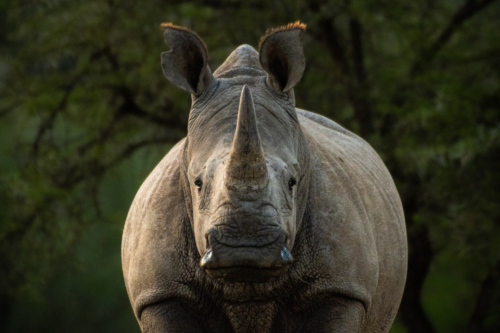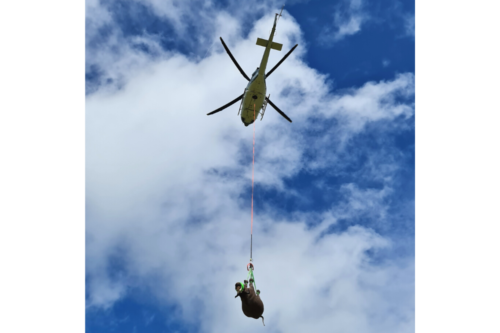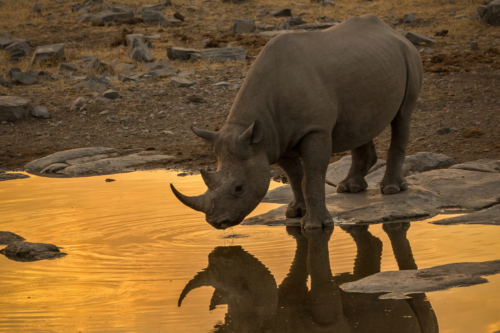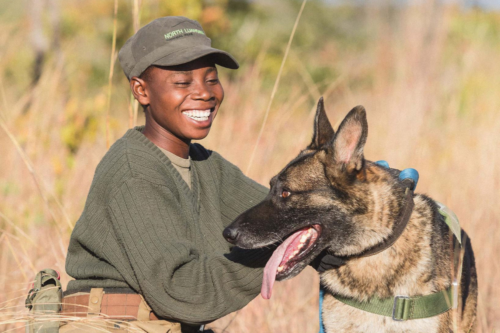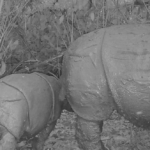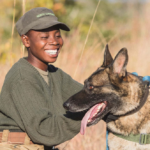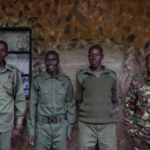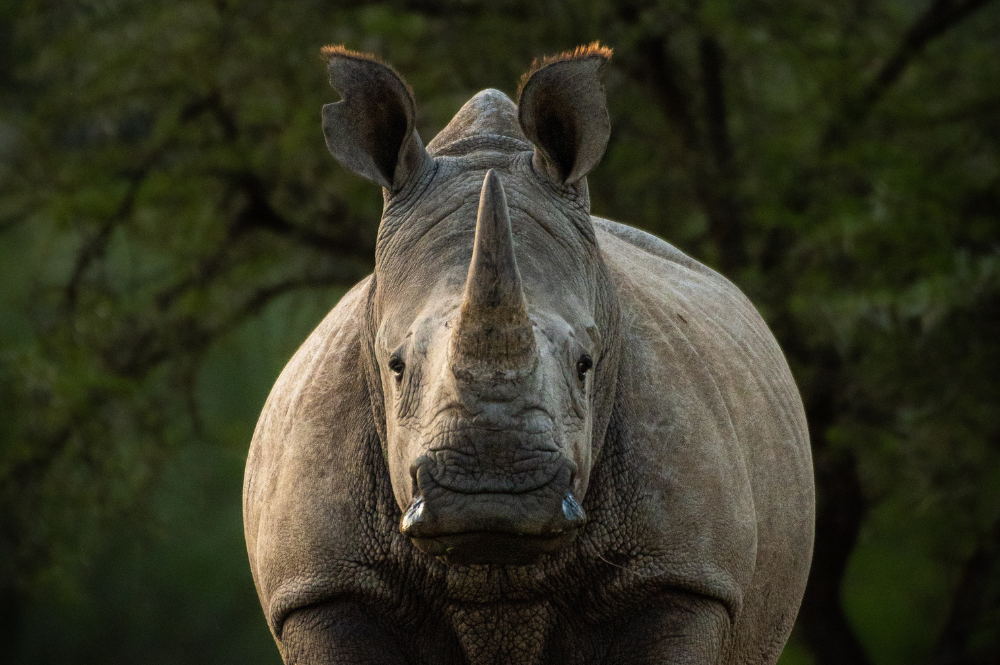
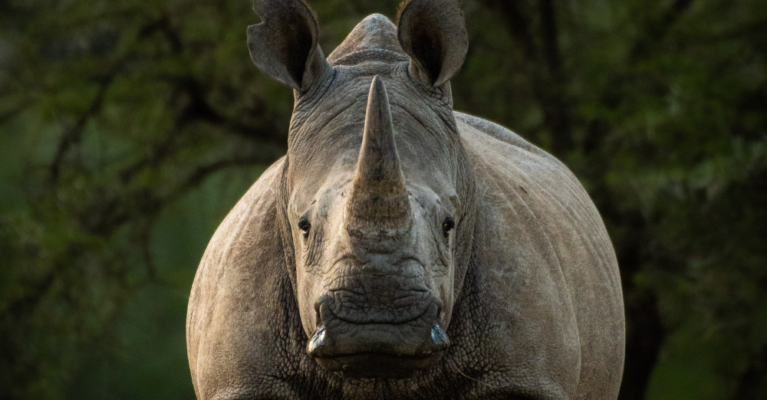
Credit: Nicole Watkins
Our impact
Across the world, we’re working with the best people and organisations to make the biggest possible impact on rhinos.
We are incredibly grateful to be part of a network of people that is passionate about saving rhinos. It is because of these people, who have given time, expertise, influence or financial support, that we can continue to accomplish rhino conservation milestones, targets, and goals.
Thank you for your support. We hope you enjoy reading about some of the projects you, alongside many others, have helped to make happen.
Download our latest impact report
Making a difference in Asia
More than
4,000
Greater one-horned rhinos now live in India and Nepal.
Boosting rhino numbers
With strong protections in place, the Greater one-horned rhino population has been able to steadily climb in recent years, rising to more than 4,000 individuals. As rhino numbers grow, safe, healthy spaces for them to live must also increase. In Manas National Park, in Assam, India, we’ve supported efforts to restore formerly damaged sites by reducing the impact of invasive species and planting native grasses, to provide secure areas for rhinos. The ongoing recovery of such habitats is critical to ensure enough space and food is available for the expanding Greater one-horned rhino population.
Breeding success in Sumatra
Few in number and isolated in fragmented remnants of primary forest, wild Sumatran rhinos struggle to find mates and breed. Thankfully, efforts to support their population growth are making a difference. In March 2022, a new female calf named Sedah Mirah was born at the Sumatran Rhino Sanctuary, in Way Kambas National Park. Sedah Mirah is a sign of hope for her species, as well as an important reminder that we must do all we can to support every Sumatran rhino to ensure this species has a thriving future.
Making a difference in Eastern Africa
Bringing K9 Teams together
It is not only brave women and men who work hard to keep rhinos safe; working dogs also play a vital role in conservation. Canine (or K9) units are vital not just in anti-poaching operations, but also in tackling other crimes such as cattle rustling, and in building trusted relations between the Conservancies and local communities. In 2022, we held a Working Dog Workshop to bring people together so they could exchange experiences and learn from each other, as well as from external experts, who bring very specific expertise to the conservation effort.
There were
40
attendees of the workshop, from nine countries.
Over the course of four days, the teams listened to keynote presentations, participated in practical sessions, and held group discussions and deep-dive masterclasses on dog health and welfare, dog training for conservation, and law enforcement.
Supporting Education at Mazingira Yetu
Effective, long-term wildlife and landscape conservation not only needs projects to protect areas or animals. It needs people, especially those living in and around such landscapes, to champion the importance of resilient and thriving ecosystems. To provide the opportunity for more people to learn about the importance of healthy ecosystems, we collaborated with our partner, Borana Conservancy, to develop a conservation education programme.
During its five months of operation in 2022, Mazingira Yetu (meaning “Our Environment” in Swahili) reached 393 students, 24 teachers and 90 adult community members, providing new opportunities to learn about the unique ecosystem and – importantly – connecting more people with conservation.
Making a difference in Southern Africa
Supporting teams during a poaching crisis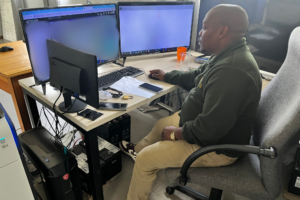
In 2022, rhino reserves in KwaZulu-Natal Province (KZN), South Africa, were forced to confront an alarming trend. Criminal syndicates were targeting the Province, causing a huge rise in the number of rhinos poached in the region. Rangers had to deal with four or five dangerous incursions every day. To support these brave teams – and, in turn, the rhinos they aim to protect – we dedicated our Christmas fundraising appeal to KZN.
Thanks to many public donors, zoo partners and foundations, we raised more than £49,000 for Hluhluwe-iMfolozi Park and uMkhuze Game Reserve. These funds contributed towards park communication networks, ranger accommodation and rhino monitoring equipment, helping rangers by providing effective technology, and comfortable places to rest whilst working in extremely tough environments.
Unfortunately, the pressure in KZN hasn’t let up. We are continuing to support our partners as they tackle this urgent threat to rhinos in the Province.
Covering core expenses for rangers in Namibia
Home to the world’s largest black rhino population, conservation action in Namibia is key to the recovery of this Critically Endangered species. Safeguarding rhinos, through regular monitoring, dehorning and translocations into safer areas, have all been strategies pursued to support Namibia’s rhinos. Yet, with rising fuel costs in 2022 and the knock-on impact of price hikes for other important materials, regular rhino operations became increasingly expensive.
Thanks to our donors, we were able to contribute towards many regular but vital expenses, including the costs of using Rhino Recovery Vehicles and obtaining medication for dehorning procedures. For teams on the ground, covering these expenses means they can more easily complete regular activities and can respond more quickly if an urgent situation arises.



